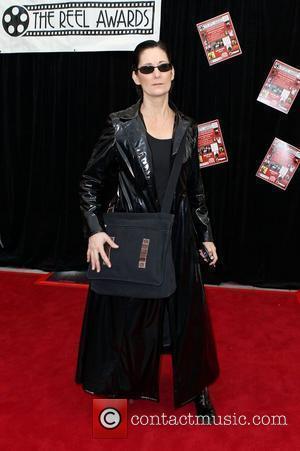Highlighting the Lesser Known Films of the 2012 National Film Registry Choices
By Lorna Greville in Movies / TV / Theatre on 19 December 2012
While it's obvious to see why movies like Breakfast at Tiffany's, The Matrix, Uncle Tom's Cabin and the 1914 version of 3:10 to Yuma have made it into this year's National Film Registry list to be inducted into the Library of Congress, there are a few names on the list that aren't quite so iconic, so why are they on the list?
The base reason for films to be included in the list is the general consensus that they are "works of enduring importance to American culture." In this respect the Kodachrome Colour Motion-Picture Test film is on this list for very important reasons. While you may not have heard of it, it does exactly what it says on the tin. As colour film was being introduced, Kodak tested it out by filming some women.
As the National Registry says "The creative diversity of American filmmakers is evident in the selections of independent and experimental films" and Kodak's creative technology has been significant for the whole world of cinema, television, media and the arts as we know it. Plus, as the American film industry is one of the largest in the world, it is a business that has informed and influenced the rest of the planet.
1939's 'The Middleton Family at the New York World's Fair' is another film in the list, this one is more of a documentary and sees a 'typical American family' taking in the wonders of the World's Fair and being enamoured and intrigued by the variety of technology, a lot of which, that is now a commonplace part of life, including Television and dishwashers. Although, the character 'Nick' says "Don't expect me to be amused, there's nothing funny about the tools of capitalism" (23:30), which is something of an irony, in retrospect.
One of the newest films on the list is 1995's One Survivor Remembers, which is a conversation with Gerda Weissmann Klein, a survivor of WWII's Nazi cruelties. Despite winning 1995's Academy Award for Documentary Short Subject, it has been sadly neglected over the past 17 years. The obviously poignant subject matter and the extraordinary story told from one of very few survivors of a specific group of 2000 prisoners of war, Ms Klein's story is one that needed to be told, and one that enables further insight into one of the world's greatest tragedies.
All of these films, though they have paled in the memories of audiences, undoubtedly have significant places on this list, and it is a wonderful platform for their significance to be remembered again.
Contactmusic

